Welcome back to the 25th edition of The Lab Report.
I saw that my article “The 5 Best Figma UI Kits for Web Designers” actually got featured in Webflow’s Inspo newsletter this week, which is really cool!
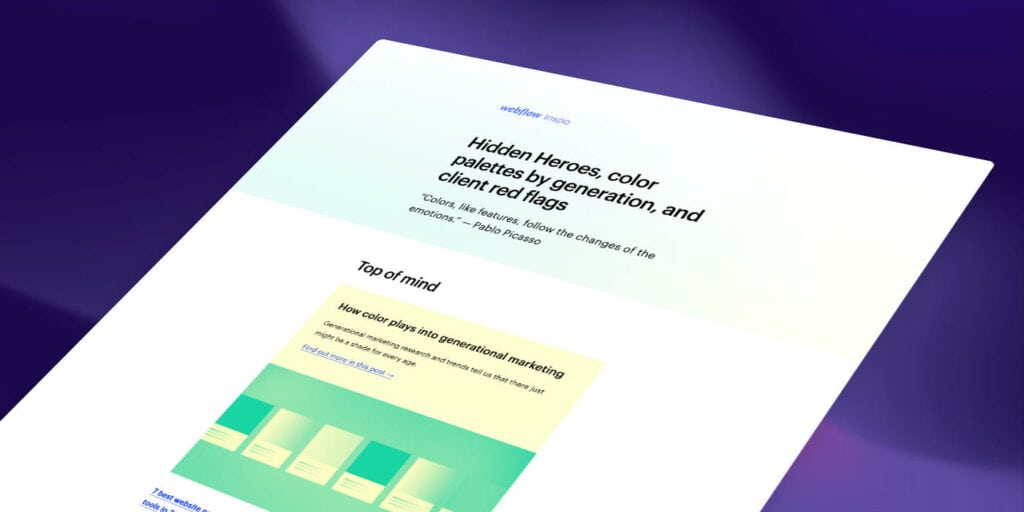
Their newsletter has over 780k readers, and so far in the first 48 hours I’ve had almost 800 people read the article.
I’m strongly drawn to WordPress’ open source nature, but man, Webflow has a lot of things going for it.
Especially when it comes to the community and empowering users to build great designs quickly.
I was talking to a friend about this, and he mentioned:
“It’s the community being built around one tool. WordPress has thousands of tools. Makes it much easier I guess.”
Which I think is spot on.
Anyways, let’s get into this week’s topics!
👷♂️ Is Gutenberg becoming more like a page builder?

Paul from WPTuts put out a new video this week on why he’s switching from traditional page builders to Gutenberg.
Looking at the comments in various Facebook groups, this is clearly a pretty heated subject.

Most people either tend or love Gutenberg or absolutely despise it.
Up until recently, I was part of the latter camp.
I’ve actually quite enjoyed using Gutenberg for writing blog posts and newsletters, but when it comes to creating designs – I wanted to throw my laptop at the wall.
The approach never made sense to me. How could you have a document editor also be a web design tool at the same time?
It’s like using Microsoft Word to build your websites.
I will say though, I’m reluctantly starting to change my stance.
After spending way too many hours digging into Cwicly this week, I can see for the first time a world where I’m not throwing laptops.
Having used Oxygen Builder for the last few years, Cwicly feels familiar.
That in itself is a huge statement.
I’ve tried all the major block plugins – Stackable, Kadence, GenerateBlocks, Spectra etc.
They’re all fairly decent, but I’ve found them to be just too limiting.
They’re great for the average user building simple pages, but you hit a wall when it comes to creating pixel-perfect designs.
Cwicly is the only plugin I’ve tested that gives you Oxygen-level control inside of Gutenberg.
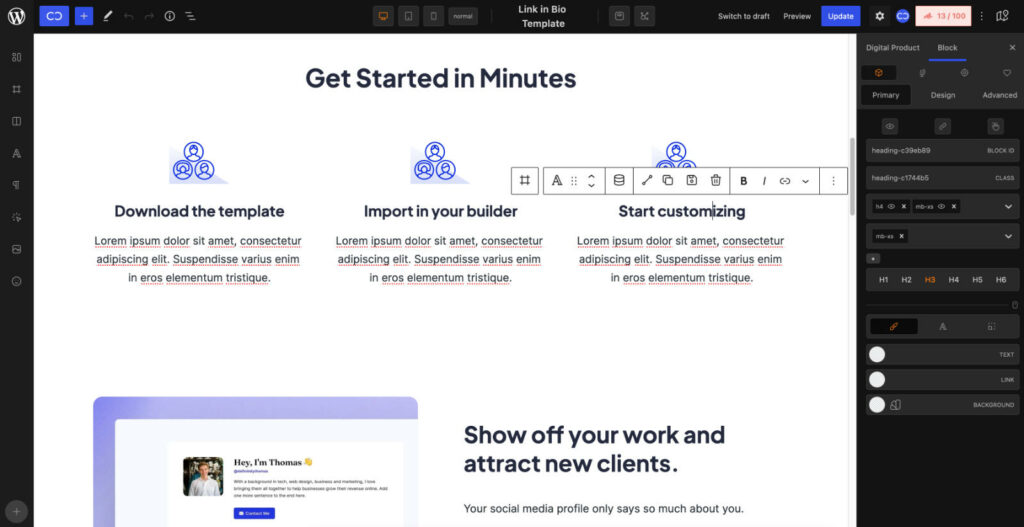
It’s still early, it’s certainly not perfect, and it still has a ways to go, but I think it’s changed the conversation on whether it’s remotely possible build real websites using Gutenberg.
Bonus question: WHY would you want to build a website in Gutenberg when page builders already exist?
It’s a valid question, and honestly even up for debate.
Personally, I still prefer dedicated page builders like Bricks or Oxygen. I’m not sure if this will ever change.
I want a Webflow for WordPress, and those builders provide a more cohesive purpose-built experience.
But there is a case to be made for Gutenberg-based editors, particularly around future-proofing & integrating different tools without actually needing native integrations.
(I don’t buy into the thought that all Gutenberg-based editors are automagically better for performance).
And there are also use-cases where it makes sense to use both a page builder & Gutenberg – which I think is the approach I’m going to take with NewPulse Labs.
I’ll share more of my thoughts on this over the next few weeks 🙂
💬 Analyze your WordPress comments

I haven’t thought about this much before, but comments are an overlooked part of many websites.
We spend hours looking at page traffic, conversion rates, bounce rates, keyword rankings etc, but rarely do we stop to see how people are literally engaging with our content.
If you only get a couple comments a month there’s not much to see, but for sites that generate substantial blog traffic, there’s a lot that can be learned from those who are commenting on your articles.
CommentsWP is hot off the press (still less than 10 installs), but is a free plugin that let’s you do just that.
Here’s a screenshot of the dashboard:
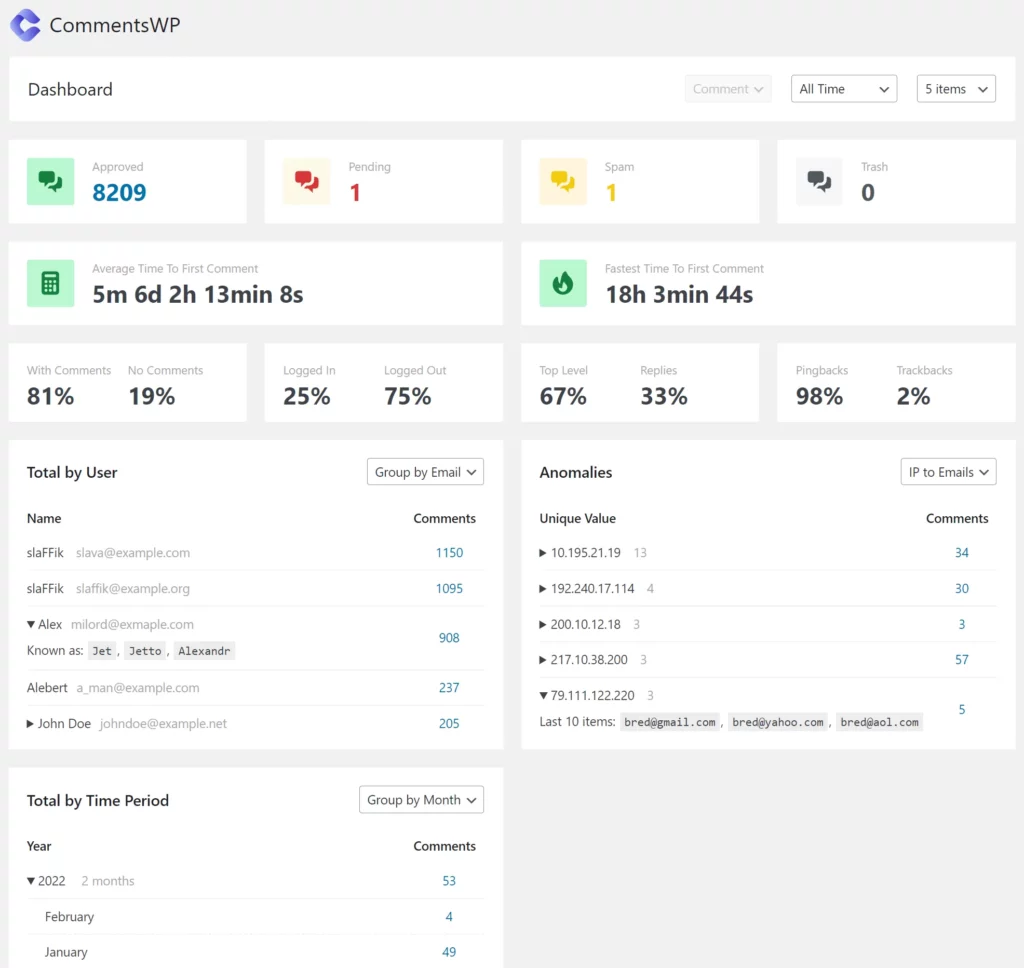
Could be worth checking out!
🤖 Convert English to RegEx
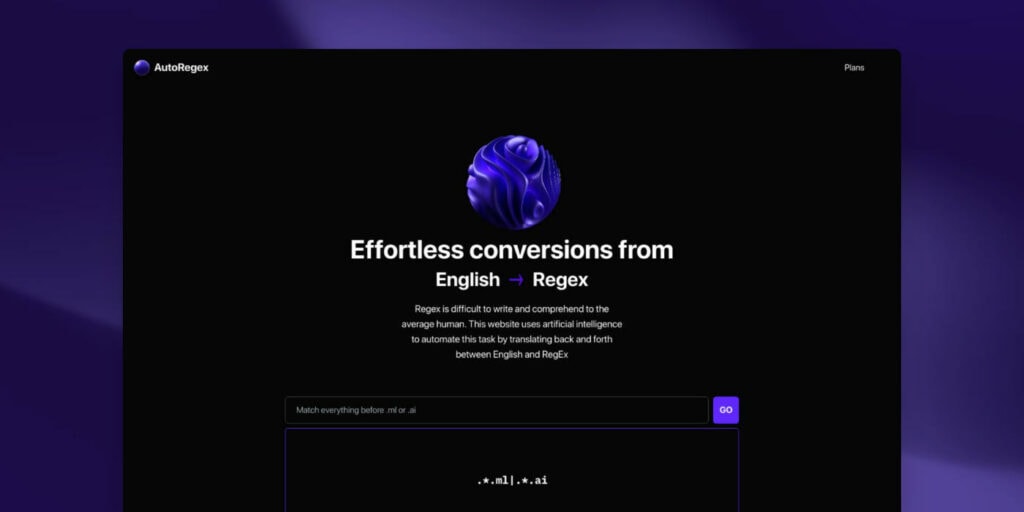
Yo, where was this site like 10 years ago.
If you’ve ever had to create page rules with RegEx, you’ll know that it’s like trying to communicate with a robot.
Luckily, now we have robot AI to help us communicate with the robots!
AutoRegex takes normal commands like “Match URLs beginning with www” and spits out the appropriate RegEx snippet.
The Pro plan can even convert RegEx back to English.
🦃 Some processes can’t be rushed
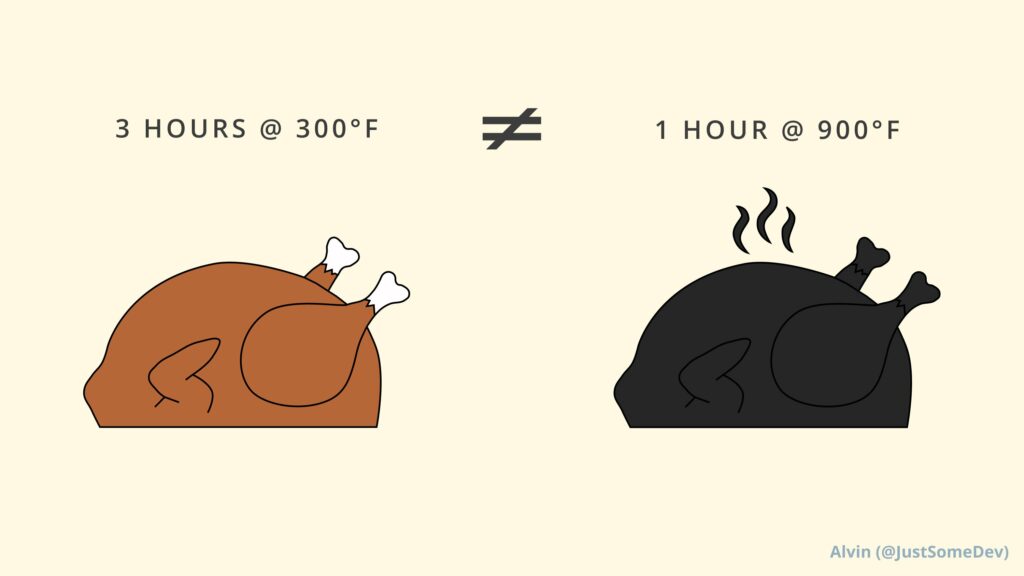
Saw this graphic from @JustSomeDev this week and it hit close to home.
If you feel like you’re not moving fast enough or aren’t where you thought you’d be at this point in your career, know that it’s ok.
Some things need to take longer – even if it’s not how you planned it out.
⭐️ Deals of the week
Doubly Pro
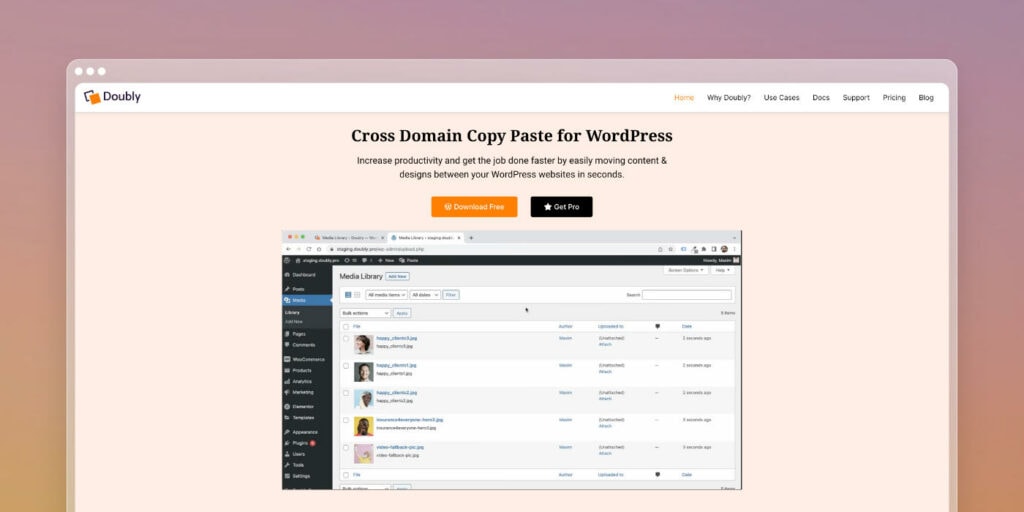
Doubly Pro is offering a lifetime deal from now until next Wednesday August 3rd.
I just picked this up myself (one of my very few LTD purchases this year), but I haven’t had a chance to test it out yet.
It’s a plugin that lets you copy/paste various elements across different WordPress websites.
Right now it supports pages, posts, media files, WooCommerce products, ACF field groups, code snippets, LearnDash courses & lessons and a few more.
Copying content across websites has always been a tedious process, so I’m curious to try this one out.
*If you’re interested in the topic, I previously wrote an article on the best ways to move content across sites here.
LearnDash
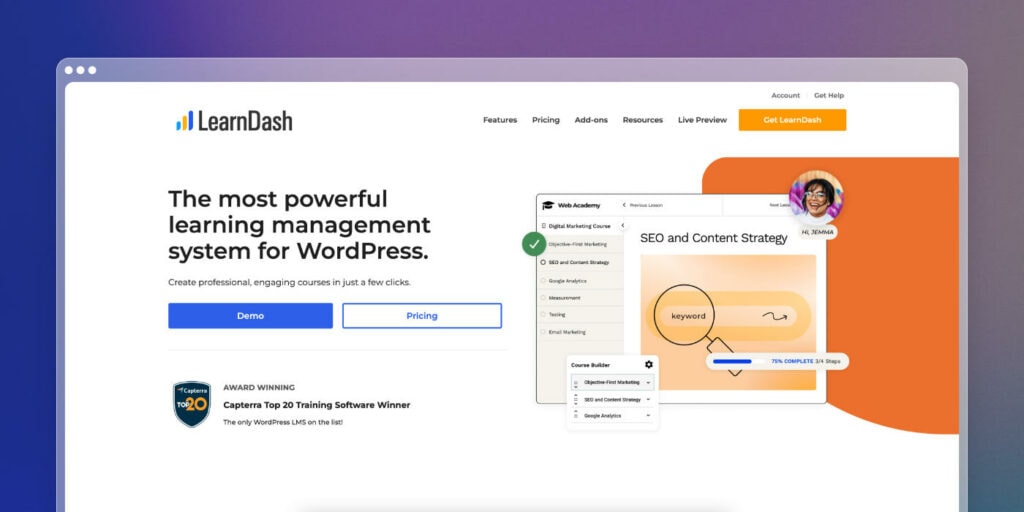
LearnDash is running their Stellar Sale from now until Sunday July 31st. You can get it for 40% off, which is almost as good as the Black Friday deal they usually have.
💬 Closing Comments
That’s all for this week.
Thanks for reading to the end!
If you ever want to discuss any of the topics in this newsletter, I post a dedicated thread each week inside of the NewPulse Labs Facebook group.
You can also suggest any topics you think I should cover there, so be sure to join 🙂
Stay cool and talk soon.

